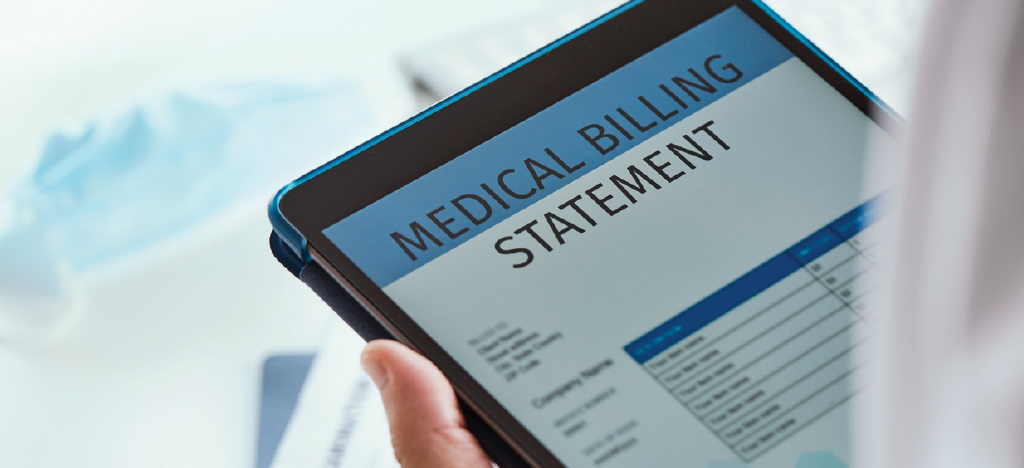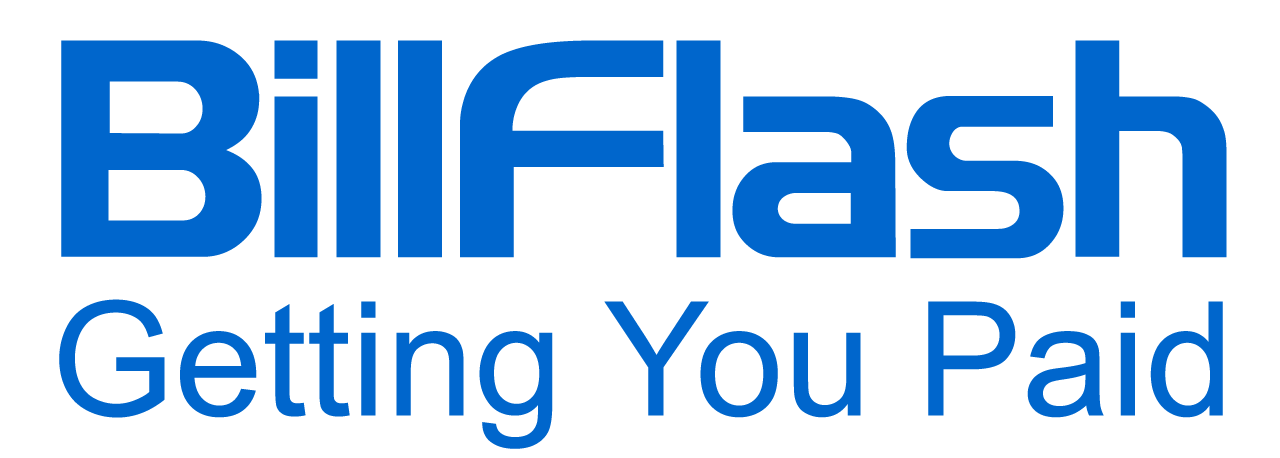Discover the ins and outs of medical debt settlement with our comprehensive guide.
Medical debt can be a significant burden for many individuals and families. With the rising cost of healthcare, it's not uncommon for people to accumulate substantial medical bills that they struggle to pay. In such situations, medical debt settlement can offer a viable solution. In this comprehensive guide, we will explore the concept of medical debt settlement, its process, pros and cons, as well as alternative options to consider. We will also provide tips for navigating the medical debt settlement journey successfully.
Understanding Medical Debt

Medical debt refers to the money owed to healthcare providers for medical services rendered. It includes fees for doctor visits, surgeries, hospital stays, medications, and other healthcare-related expenses. Medical debt can quickly accumulate, especially for those who require ongoing treatment or face unexpected health issues.
When it comes to medical debt, it is important to understand the various factors that contribute to its prevalence. One common cause is the lack of health insurance coverage or inadequate insurance plans that fail to cover all medical expenses. Without proper insurance, individuals are left to shoulder the burden of their medical bills, which can quickly become overwhelming.
Furthermore, certain health conditions may require extensive treatments that come with high costs. Chronic illnesses, such as cancer or autoimmune diseases, often necessitate ongoing medical care, including surgeries, medications, and specialized therapies. The cumulative expenses associated with these treatments can lead to substantial medical debt.
In addition to the lack of insurance coverage and the high costs of treatments, unexpected medical emergencies can catch individuals off guard, resulting in hefty medical bills. Accidents, sudden illnesses, or unforeseen complications can require immediate medical attention, leading to unplanned expenses that can strain even the most financially stable individuals.
Addressing medical debt requires a multi-faceted approach. It involves advocating for affordable healthcare options, expanding insurance coverage, and implementing policies that protect individuals from excessive medical expenses. Additionally, financial education and resources can help individuals navigate the complexities of medical billing and negotiate payment plans that suit their financial capabilities.
The Concept
Debt settlement is a debt management strategy that involves negotiating with creditors to reduce the total amount owed. It can be applied to various types of debt, including credit card debt, student loans, and, in this case, medical debt. The aim of debt settlement is to reach a mutually agreeable settlement amount that the debtor can afford to pay off.
It is a viable option for individuals who are struggling to meet their financial obligations and are unable to pay off their debts in full. It provides an opportunity for debtors to reduce their debt burden and regain control of their finances.
Defining Debt Settlement
Debt settlement is a process that involves negotiating with creditors to reach a settlement agreement that is less than the total amount owed. This negotiation can be done by the debtor themselves or by hiring a debt settlement company. The goal is to secure a reduced settlement amount that the debtor can afford to pay off.
When a debtor decides to pursue it, they typically begin by assessing their financial situation and determining how much they can realistically afford to pay towards their debts. This information is then used as a starting point for negotiations with creditors.
Debt settlement can be a complex and time-consuming process. It requires careful planning, effective communication, and a thorough understanding of the debtor's financial situation. It is important for debtors to be prepared and informed before entering into negotiations with creditors.
How It Works
The process of debt settlement typically begins with the debtor hiring a debt settlement company or working directly with a healthcare provider. The settlement company or individual will negotiate with the creditor on behalf of the debtor to secure a reduced settlement amount. If successful, the debtor can then make a lump sum payment or a series of payments to settle the debt.
During the negotiation process, the company or individual will work with the creditor to reach a mutually agreeable settlement amount. This amount is often lower than the total amount owed and is based on the debtor's ability to pay. Once the settlement amount is agreed upon, the debtor will be responsible for making the agreed-upon payment(s) to the creditor.
It is important to note that debt settlement may have potential consequences for the debtor's credit score. While debt settlement can provide relief from overwhelming debt, it may also result in a negative impact on the debtor's creditworthiness. It is crucial for individuals considering debt settlement to weigh the potential benefits against the potential drawbacks and to seek professional advice if needed.
Medical Debt Settlement Explained

Medical debt settlement is a process that many individuals turn to when they are struggling to pay off their medical bills. It follows a similar process to other forms of debt settlement, providing a potential solution for those burdened by medical debt.
The Process of Medical Debt Settlement
When a debtor decides to pursue medical debt settlement, they typically engage a settlement company or communicate directly with their healthcare provider. The first step in the process is to initiate negotiations with the creditor.
During these negotiations, it is crucial for the debtor to provide accurate and detailed financial information to support their case. This information helps the settlement company or healthcare provider understand the debtor's financial situation and determine the best course of action.
Once an agreement is reached, the debtor will have the opportunity to settle their medical debt for a reduced amount. This reduction can vary depending on the negotiations and the specific circumstances of the debtor. It is important to note that the debtor may be required to make a lump sum payment or set up a payment plan to fulfill the settlement agreement.
Pros and Cons of Medical Debt Settlement
Like any financial decision, medical debt settlement has its advantages and disadvantages. Understanding these pros and cons can help individuals make informed decisions about their financial situation.
On the positive side, medical debt settlement offers individuals an opportunity to reduce their debt burden and potentially save a significant amount of money. By negotiating with creditors, debtors may be able to settle their medical bills for less than the original amount owed. This can provide much-needed relief and allow borrowers to regain control of their finances.
However, it's important to consider the potential negative consequences as well. One potential drawback of medical debt settlement is the impact it can have on credit scores. It may be reported to credit bureaus, which can result in a negative mark on the debtor's credit report. This can make it more challenging to obtain credit in the future.
Additionally, it does not guarantee that legal actions from creditors will be avoided. In some cases, creditors may choose to pursue legal action to collect the remaining debt. This can lead to additional stress and financial strain for the debtor.
Ultimately, the decision to pursue medical debt settlement should be carefully considered, weighing the potential benefits against the possible drawbacks. It may be beneficial for individuals to seek professional advice from financial advisors or credit counselors to fully understand their options and make the best decision for their unique circumstances.
Alternatives to Medical Debt Settlement
Debt Consolidation
Debt consolidation involves combining multiple debts into a single loan or credit facility. By consolidating medical debt with other debts, individuals can potentially simplify their repayment process and secure more favorable interest rates. Debt consolidation can be especially beneficial for those struggling with multiple debts in addition to medical expenses.
Bankruptcy
In extreme cases where individuals are overwhelmed by debt and unable to repay it, bankruptcy may be an option worth considering. However, it is crucial to consult with a bankruptcy attorney to understand the implications and potential long-term consequences before pursuing this route. Bankruptcy should be seen as a last resort.
Negotiating with Healthcare Providers
Before exploring debt settlement or other options, it's worth reaching out directly to healthcare providers to discuss potential payment arrangements or financial assistance programs. Many hospitals and doctors' offices offer financial aid programs or payment plans based on an individual's income and ability to pay. Proactive communication with healthcare providers can often lead to more manageable payment terms.
Navigating Medical Debt Settlement

Seeking Professional Help
While it is possible to negotiate medical debt settlement independently, seeking professional assistance can make the process smoother and potentially yield more favorable results. Debt settlement companies have experience dealing with creditors and can navigate the negotiation process more efficiently. However, it's essential to research and choose a reputable company to avoid scams or unethical practices.
Tips for Success
When embarking on the journey of medical debt settlement, there are several tips to keep in mind:
- Gather all necessary documentation, including medical bills and financial records.
- Be prepared to provide accurate and detailed financial information to support negotiations.
- Communicate openly and honestly with your settlement company or healthcare provider.
- Do your research and compare settlement offers to ensure you're getting the best possible deal.
- Be patient and persistent throughout the negotiation process, as it may take time to reach a satisfactory agreement.
- Consider the long-term impact of settlement on your credit score and financial future.
In conclusion, medical debt settlement offers a potential solution for individuals burdened with overwhelming medical bills. By understanding the basics of medical debt, the concept of debt settlement, and the process of medical debt settlement, individuals can make informed decisions about their financial future. It's essential to explore alternative options, such as debt consolidation and negotiating with healthcare providers, before pursuing debt settlement. Seeking professional help and following the tips provided can increase the chances of successful medical debt settlement. Remember, it's crucial to consider the pros and cons and assess the long-term impact on your financial well-being before committing to any debt settlement agreement.
Going Forward with BillFlash
With BillFlash, practices can go further by optimizing their revenue cycle, efficiently collecting past-due A/R, and providing patients with a convenient and secure payment experience. With a user-friendly interface and industry experts available for all your billing, payments and collections needs, BillFlash is the perfect solution for small practices.

